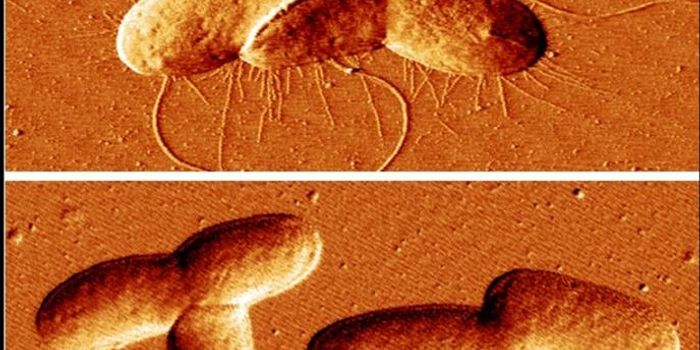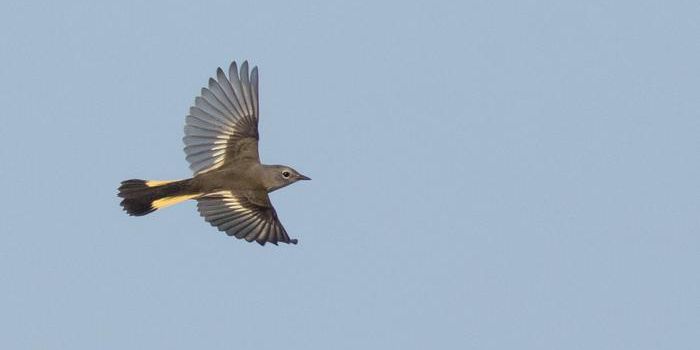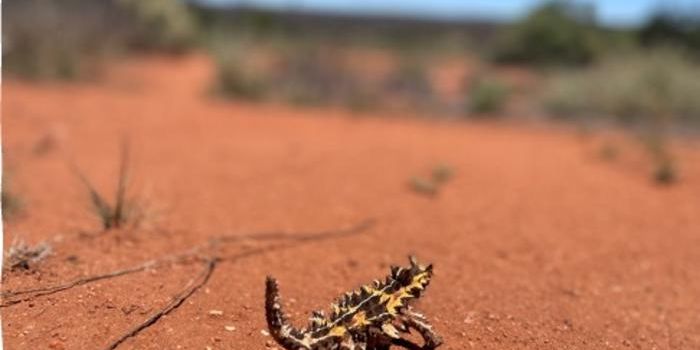Researchers Keep Pig Heart Beating Inside of Baboon for Over 2 Years
The struggle continues for human beings that are to find suitable organ replacements in their time of need. Because of the shortages, researchers are already looking into the possibility that animal organs could be used in future human organ transplants.
Researchers have begun their research not long ago, and one notable example is that of a pig heart that they’ve managed to keep beating inside of a baboon’s belly for a solid two years.
As noted in the paper published in the journal Nature, researchers didn’t actually replace the baboon’s heart with a pig heart, but instead, they connected the pig heart in-line with the baboon’s existing heart in the abdomen using two large blood vessels to test its longevity.
This is an important milestone, as it shows that it may be possible to use certain animal organs in place of human organs as substitutes for temporary periods of time. On the other hand, there is still a great risk of rejection because crossing two species together generally isn’t a great idea.
"It is very significant because it brings us one step closer to using these organs in humans," said co-author Muhammad Mohiuddin from the National Heart, Lung and Blood Institute in Maryland."Xenotransplants - organ transplants between different species - could potentially save thousands of lives each year that are lost due to a shortage of human organs for transplantation."
There was of course more than one test subject, and the average length of survival for the alien heart was about 298 days. The longest that an alien heart survived was 945 days, or a little over two-and-a-half years. This is a new record!
Pigs may offer some of the best changes of inter-species organ doning, as their tissues and hearts are very similar to that of human beings. The fewer differences reportedly pose less of a genetic rejection risk than transplants from other species.
At this point in time, the research is very much a work in progress and would not yet be viable for patients who need heart transplants. On the other hand, the newfangled process may restore hope for those who are in need.
Source: BBC, Ars Technica









